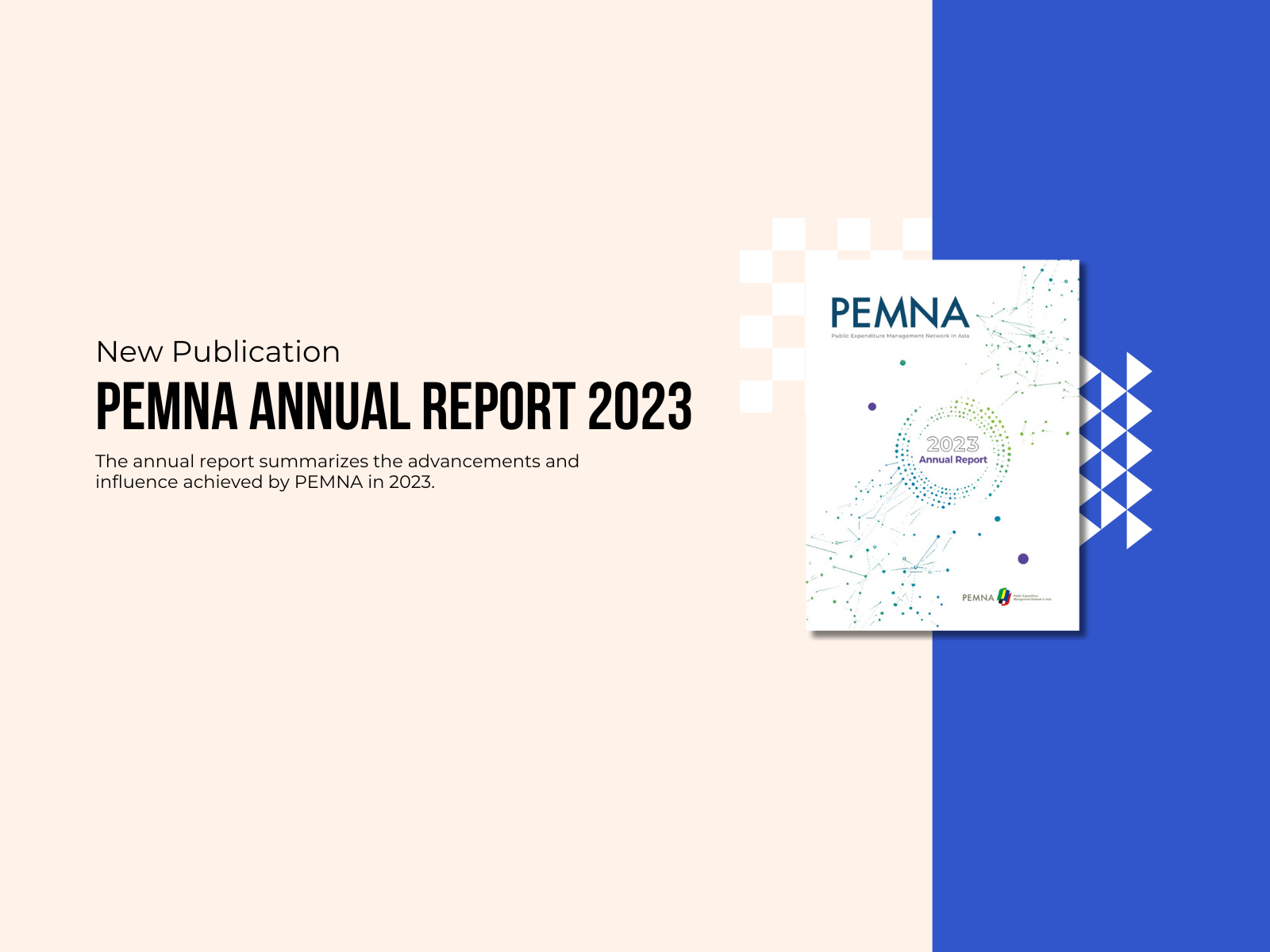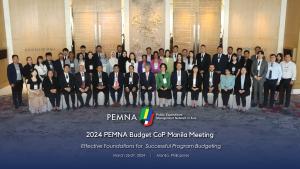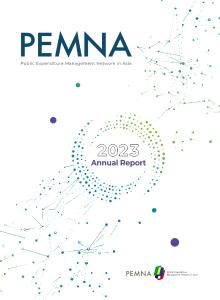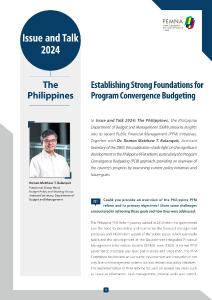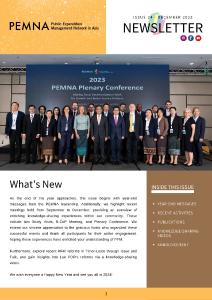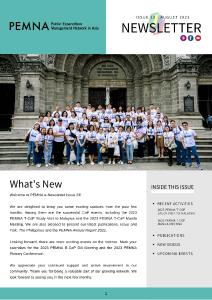-
Reference Materials
Digital Solutions Guidelines for PFM
The Digital Solutions Guidelines for Public Financial Management aims to serve as a comprehensive reference material for the assessment, design, and improvement of digital initiatives in the public financial management (PFM) area. To facilitate the digital transformation of PFM functions, these Guidelines are organized into three Pillars: Functional, IT Architectural, and Governance and Management. This publication is available HERE.
15 Dec 2023Read More -
Reference Materials
East Asia Decentralizes: Making Local Government Work
This study assesses the progress of decentralization in East Asia, aiming to extract valuable insights, emphasize successful practices, and identify crucial areas requiring immediate attention to prevent missteps. It takes into account international perspectives while acknowledging the distinctive economic, political, and cultural factors specific to the East Asian context.
26 Oct 2023Read More -
Reference Materials
Deepening Decentralization within Centrally Led States: The Direction of Local Governance Reforms in Southeast Asia
In the early 1990s, several unitary states in Southeast Asia initiated decentralization efforts, as documented in the 2005 World Bank report "East Asia Decentralizes." This discussion paper provides an updated analysis of these reforms, highlighting that they are largely driven by political dynamics, resulting in an incremental transfer of power and resources to lower levels while central governments maintain influence over subnational entities, ultimately promoting greater political pluralism and service delivery.
26 Oct 2023Read More -
Reference Materials
Fiscal Federalism 2022: Making Decentralisation Work
This volume of Fiscal Federalism surveys recent trends and policies in intergovernmental fiscal relations and subnational government, as countries emerge from the Coronavirus crisis. The chapters draw insights into good practices in fiscal federalism and how to resolve policy-making trade-offs.
26 Oct 2023Read More

